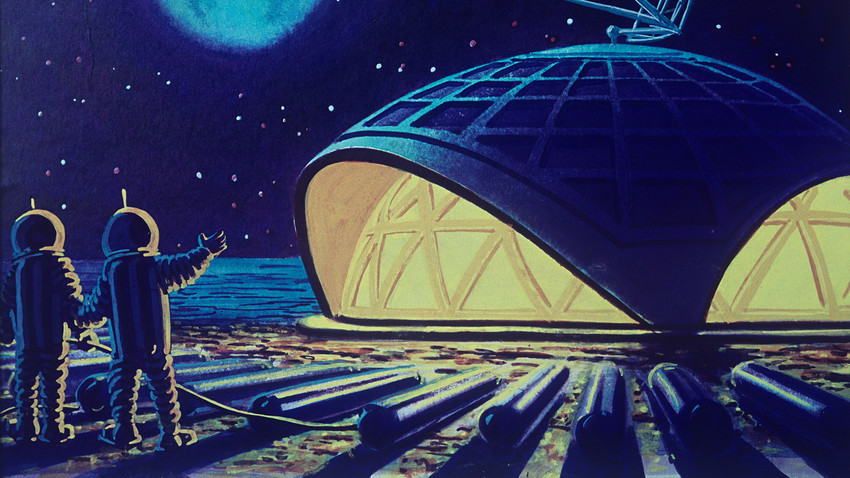The Necessity for Space Colonization
November 27, 2022
It seems odd to associate extinction with that of the human race, yet with global warming, overpopulation, and the threat of self-annihilation through weaponry, this is becoming a reality. Humanity is left with only one opportunity to ensure our continued survival: we must escape. But where do we find our future sanctuary?
Why the cosmos, of course!
From the oppressors to the oppressed, humans don’t have a good history of colonization. Space colonization is an entirely different frontier. This would involve terraforming a planet or moon, a process in which scientists and machines transform the area of settlement into one suitable for human life. Then, the first humans would create small communities in which they attempt to survive and reproduce. If all goes well, the colonies begin to expand, replicating similar conditions that existed on Earth. Every object we hope to colonize will undergo a similar process. The universe is immensely large, ranging to approximately 93 billion light years in diameter, where the beauties of cosmological expansion are constant and continual. Evidently, we have a lot of space to stretch out, and it seems necessary to do so.
By dispersing the human population onto other astronomical objects, we would likely decrease the effects of human-led climate change on any single planet. According to NASA, human-led climate change has spiked since the mid-20th century, causing disastrous effects. The increase in temperature has melted polar ice caps, caused alarming droughts, and increased the effects of natural disasters. In future years, the temperature increase is projected to cause a whopping $54 trillion in damages—an inconceivably large number. Compare this to the estimated cost of operations and launch of a Mars colonization mission which falls in the range of $100 to $500 billion per mission. Although this number is rather large, it may be a good thing.
With the high price of colonization, no one country can finance it. Multiple countries ought to put aside their differences and unite—not as individuals plagued with distinct motives—but simply as one species: humans. Large countries such as the US, China, and Russia must band together to finance the colonization of astronomical objects so that humanity has a second chance. What gift to a struggling species is better than that of another home? While it seems unlikely for these peoples to set aside their differences and exist simply as humans, the natural human tendency to look out for ourselves might ultimately force us to peacefully work together. This is, perhaps, one of the only times in which inherent human greed is quite desirable, for this is what will push us toward the stars. Imagine the reaction humanity would experience if we were to terraform a desolate planet such as Mars, Earthlings making decisions as a single entity to design a planet necessary for human life to persist.
Further, with our species being safely distributed across numerous new homes, the very real threat of one major event wiping out our entire species is safely avoided. Space colonization will not prevent an outbreak of nuclear warfare. It will, however, ensure that humanity survives and continues to evolve into a more advanced species which has the opportunity to learn from the mistakes of its ancestors.
Given the dangers of our world, it seems entirely necessary to disperse humanity across the cosmos to avoid extinction. As world-renowned theoretical physicist Stephen Hawking once said, “The human race shouldn’t have all its eggs in one basket, or on one planet.”
Next time, when the overbearing winds of the day settle into a slight beat as the twinkling stars rise into view, venture from the safe chambers of your home to view your place as a subject within the universe’s creation. Close your eyes, look up, pick a single star, and hope that—for the sake of humanity—we may reach there some time soon.
